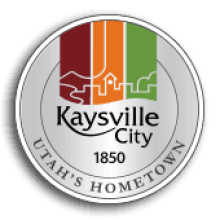Organizing for Change in Kaysville, Utah - Episode 439 of the Community Broadband Bits Podcast

This week on the podcast Christopher talks with Michelle Barber and Andre Lortz. Both serve on the Kaysville City Council and are members of the group Citizens for Kaysville Fiber, but today they join us to talk as regular citizens of the city of 30,000 in Utah.
Kaysville has been working to improve Internet access for years — some residents have good connectivity, but other parts of town are very poorly served. In 2019 it began considering a municipal network, and Michelle and Andre share the history of efforts to make forward progress as well as the moves made over the last twelve months. The city originally considered a model with a utility fee, but in the face of opposition ultimately decided for a bond approach which just saw a vote where the measure was defeated by less than 200 votes. Michelle, Andre, and Christopher talk about how it happened (including how major providers funded public relations campaigns to scare people away), and what the project’s continued support means for its future.
This show is 41 minutes long and can be played on this page or via Apple Podcasts or the tool of your choice using this feed.
Transcript below.
We want your feedback and suggestions for the show-please e-mail us or leave a comment below.
Listen to other episodes here or view all episodes in our index. See other podcasts from the Institute for Local Self-Reliance here.
Thanks to Arne Huseby for the music. The song is Warm Duck Shuffle and is licensed under a Creative Commons Attribution (3.0) license.


